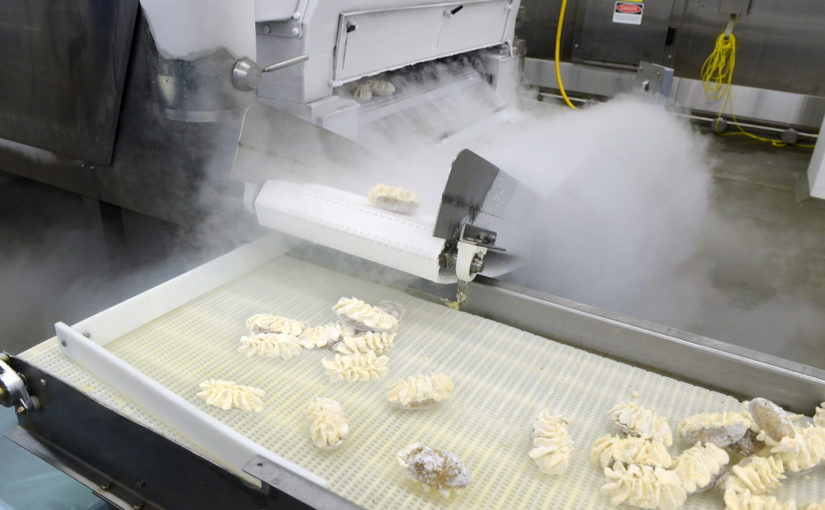Taking a deeper look at the bid process for the Food and Beverage industries
Change is hard. In the Food and Beverage industries, where the pace is fast and time is of the essence, it can be even harder. The risks of not setting aside enough time for developing requests for proposal (RFPs) include poor quality bids, complacency and lack of growth.
While it may seem counterintuitive, spending a little extra time on your RFP process up front will result in better quality bids, leading to significant time and cost savings in the future. We sat down with Bill Baker, Vice President of Business Development – Service Markets and Safety for Airgas, to get his advice on how to optimize the bid process.
Pay attention to the details
As detailed as the RFP process can be, it is surprisingly common for things to get overlooked. However, small omissions in your RFP could greatly impact the quality of the bids you receive which affects the price you’re quoted, the mode of supply selected and, ultimately, the efficiency of your operation. Be sure to watch out for these common mistakes:
- Misunderstanding your gas needs due to changes in your equipment, products or process: While you may have been using the same gases since the start of your business, has your process or equipment changed? To make sure the products you’re requesting are still the best fit for your operation, it may be time to reevaluate your gas system. This includes delivery mode, piping sizing, exhaust safety and the cost effectiveness of your nitrogen and carbon dioxide.
- Inadequate tracking: It can be hard to identify inefficiencies in your operation, especially if it’s been a while since you’ve reviewed or updated your processes. Accurately measuring and tracking the amount of cryogen used per pound of product will help you and potential suppliers identify both inefficiencies in the system and areas of improvement.
- Too much time between assessments: Often there are long periods of time between communications with suppliers, leading to long periods of time between system evaluations. Make sure your system has been reviewed recently before beginning the RFP process.
Questions to ask suppliers during the RFP process
It is easy to feel overwhelmed by the RFP process, so Baker suggests asking all potential suppliers the following questions to help suppliers have a better understanding of your operation and make choosing the right one easier.
- How will you help sustain savings from the RFP process and review?
- Do you have a reliable supply of the products I need (i.e. CO2, Nitrogen)?
- Can you confirm that your products are certified food-grade or GFSI certified?
- What have you been able to achieve for other customers?
- Do you provide onsite analytic tools for monitoring usage and efficiency?
Streamline your RFP process
The RFP process can vary based on the types of products you need. Whether you’re looking for bulk gases or safety products, here are a few tips to help the process go a little smoother:
- Start early: Avoid having to rush through the process by getting the RFP out as soon as you can so you have time to work with potential suppliers and review bids.
- Review your project plan: Invite potential suppliers to your facility to review your operation and provide recommended improvements, cost savings or safety improvements.
- Be thorough: When completing the bid process, review your operating costs and your processes to make sure the numbers in your RFP are accurate.
- Work with potential vendors: Give suppliers comprehensive information about your operation and usage and let them provide you with solutions. Let them do the legwork—ask your potential suppliers to evaluate your operation and if products are being used effectively.
Baker urges that a more holistic approach to the bid process is necessary. The RFP process can be lengthy and it would be easy to just go through the motions in hopes of getting a better price. If, however, you are really looking for total process improvement it is necessary to start early, be as detailed as possible and look to your suppliers for their expertise. Doing so will lead to better bids and a more efficient operation overall.
